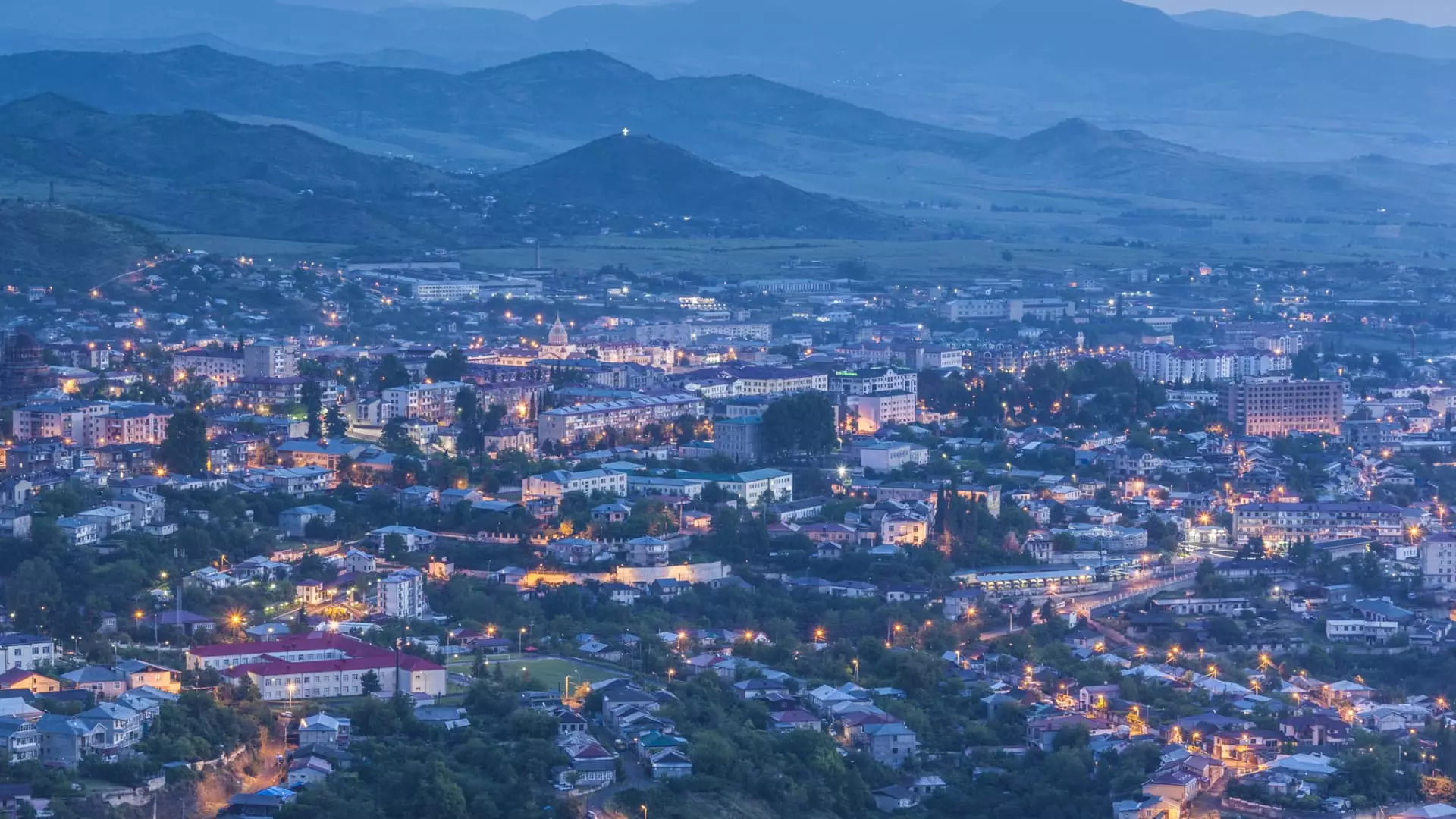The leadership of Nagorno-Karabakh, a breakaway region internationally recognized as part of Azerbaijan, has announced that the 120,000 ethnic Armenians residing there will leave for Armenia. The decision to leave stems from their unwillingness to live under Azerbaijani rule and fears of ethnic cleansing. This comes after a lightning 24-hour military operation by the Azerbaijani military forced the Armenians of Karabakh to declare a ceasefire on September 20. While Azerbaijan claims it will guarantee the rights of the Armenians and integrate the region, the leadership of Nagorno-Karabakh insists on leaving.
David Babayan, an adviser to Samvel Shahramanyan, the president of the self-styled Republic of Artsakh, spoke to Reuters, stating that the majority of the Armenian population in Nagorno-Karabakh prefer to leave rather than live as part of Azerbaijan. He explained that it remains unclear when the Karabakh Armenians will move down the Lachin corridor, which connects the territory to Armenia. The fate of the Karabakh Armenians staying in their historical lands has become a point of contention, with the leadership considering relocation as the best course of action.
While Azerbaijan maintains that it has no intentions to harm the Armenians, tensions remain high. Prime Minister Nikol Pashinyan of Armenia has faced calls to resign for failing to save Nagorno-Karabakh. The exodus of the Karabakh Armenians and the consequent change in demographics could have far-reaching consequences for the delicate balance of power in the South Caucasus region. This region, with its mixed ethnicities and strategic oil and gas pipelines, sees competing influences from Russia, the United States, Turkey, and Iran.
The Humanitarian Crisis and International Response
The departure of numerous people from Nagorno-Karabakh marks another tumultuous chapter in the region’s history. Over the centuries, Nagorno-Karabakh has experienced rule by Persians, Turks, Russians, Ottomans, and Soviets. The ongoing conflict further exacerbates the humanitarian crisis in the region. The Karabakh Armenians are currently grappling with food shortages, prompting urgent deliveries of humanitarian aid. Late on Saturday, ethnic Armenian authorities announced the arrival of approximately 150 tons of humanitarian cargo from Russia and an additional 65 tons of flour provided by the International Committee of the Red Cross.
Religious and Political Ramifications
The religious differences between Azerbaijan, a predominantly Muslim country, and Armenia, a predominantly Christian country, have added a religious dimension to the conflict. Azerbaijan has stated that Armenians can leave if they wish, while Pashinyan has urged them to stay unless their safety is compromised. The situation remains volatile, with potential implications for the geopolitical landscape and relations between the various involved nations.
As ethnic Armenians in Nagorno-Karabakh prepare to leave for Armenia, their future remains uncertain. The decision to leave reflects their apprehension to live under Azerbaijani control and their fear of ethnic cleansing. The departure of the Karabakh Armenians will undoubtedly reshape the demographic and political dynamics of the region. The international community must continue to address the ongoing humanitarian crisis and work towards a peaceful resolution that ensures the safety and well-being of all affected individuals.


Leave a Reply